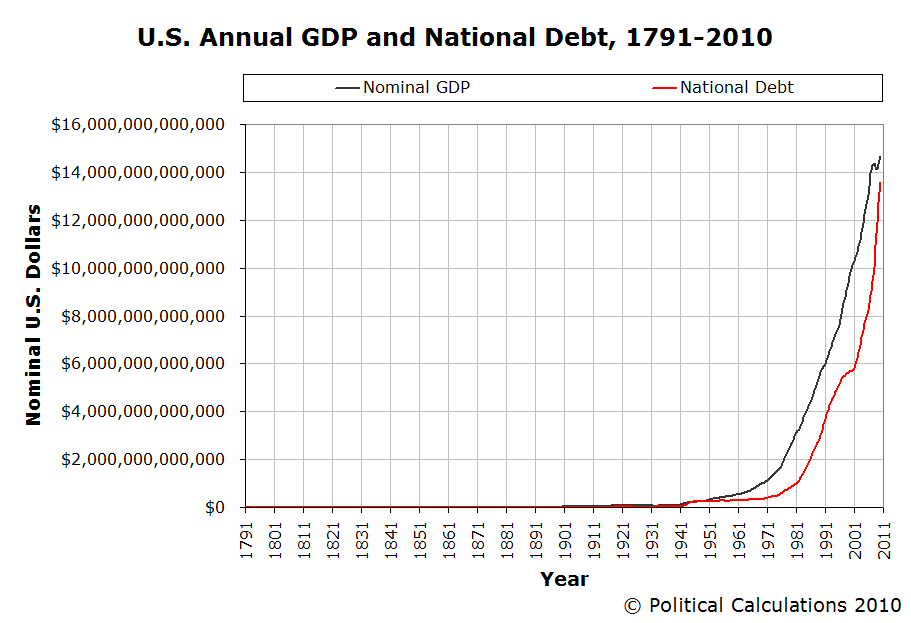2016 Postmortem
Related: About this forumThe four-letter word free-trade shills never utter: DEBT
(cross-posted from GD-P)Are you saddled with credit card debt? A home mortgage that seems to be growing more ominous? A student loan that you will not be able to retire even if you were to live to age 200?
The reason can ultimately be traced to a factory in Ohio being relocated to Mexico. And to a textile mill in South Carolina moving to Indonesia. And to an auto plant in Detroit going to China. Or simply thousands of other factories ceasing to exist at all due to cheap imports.
............
Before the era of trade liberalization (allowing cheap imports to enter the US market, an era commencing roughly in the early 1970's and continuing to the present time), household debt was virtually unknown. Homeowners did carry mortgages, but strong wages and strong job security easily retired these mortgages in timely fashion. Credit card debt was almost non-existent; wages were that strong.
Similarly, with the sole exception of wartime periods, government debt was also unknown.
But something happened when cheap imports began to flood the US market. People began to use credit cards much more often than they did in the past. They also took on larger auto loans, larger mortgages, larger student loans.
And, crucially, they also had much more trouble retiring these debts.
The stagnant wages brought about by trade liberalization have forced consumers to rely on other means to supplement their diminishing incomes: credit cards, home equity loans, all kinds of loans. Furthermore, the US government's simultaneous near-sponsorship of Wall Street has resulted in creating a sophisticated new industry: the financial industry. We've traded making material things for Americans to sell to themselves and the world market for making new instruments for banks to sell to cash-strapped American consumers.
Free trade agreements have also ballooned the trade deficit, which, in turn, results in a huge increase in government (national) debt, as noted by economist Ian Fletcher:
Over the past 35 years or so that we have been running trade deficits, we have mostly paid for this by assuming debt, and especially in recent years, a huge part of that debt has been public debt. One consequence has been that in order to manipulate the dollar price of its currency downward and boost exports, China has been buying huge amounts of U.S. Treasury securities. Thus the same mechanism that caused our trade deficits also increased our governmental debt.
Note the upward trajectory of both household and national debt in the era of "trade liberalization":




The United States is now experiencing the same syndrome that all the great empires of the past did when they traded away their economies' golden gooses: unsustainable, runaway debt -- at all levels.
Cheese Sandwich
(9,086 posts)I'll pay it back next month. Better hope no real emergency hits or you will be screwed. Millions of people living like this.
RandySF
(58,933 posts)radical noodle
(8,003 posts)The comparison requires some introspection about what people thought necessary then and now. I don't mean to say that people are not struggling but part of the reason they struggle is because we have so many things considered necessities now that didn't exist then. Credit card debt was virtually "non-existent" because credit cards didn't really begin to be common until the 60s, even though a few people had them earlier. I didn't get my first credit card until the mid 80s.
I can remember when my parents got their first telephone... the kind that sat on a table and had to be dialed. There were no expensive cell phones or tablets. We had free tv as long as the rabbit ears worked. There was no internet to pay for, and no computers to buy. Very few people had air conditioning in their homes. We rarely ate out. There was little in the way of expensive processed food products. The occasional TV dinner was so bad that no one wanted them very often. There wasn't as much disposable stuff like paper towels and wipes and diapers and all those things that cost so much and get thrown away instead of washed and re-used.
My parents bought what they could afford. They had a mortgage and likely a car payment. There were no credit cards so accruing debt was pretty difficult. My first brand new car cost $2400 in 1972 and I made payments for 3 years. When I got married in 1965, my husband and I bought a used tv for $25 and made payments of $5 a week for five weeks to the appliance store. My first trip to the grocery store to stock the kitchen cost about $10. We were really not that much better off. It was just a different lifestyle with different choices and we were satisfied with less in those days.
This is not a criticism of what people want today because I have most of those things too but more a commentary on where businesses have taken us and the way they've convinced us to spend money we really don't have. In some ways our lives have been made better by these changes but I think sometimes we just need to think about those days we look at as golden and remember what things were really like.
I'm interested in the pros and cons of free trade because the truly leftist way is not this protectionist anti trade attitude that we've adopted recently.
Very interesting and thoughtful post, brentspeak. It gives me much to consider.